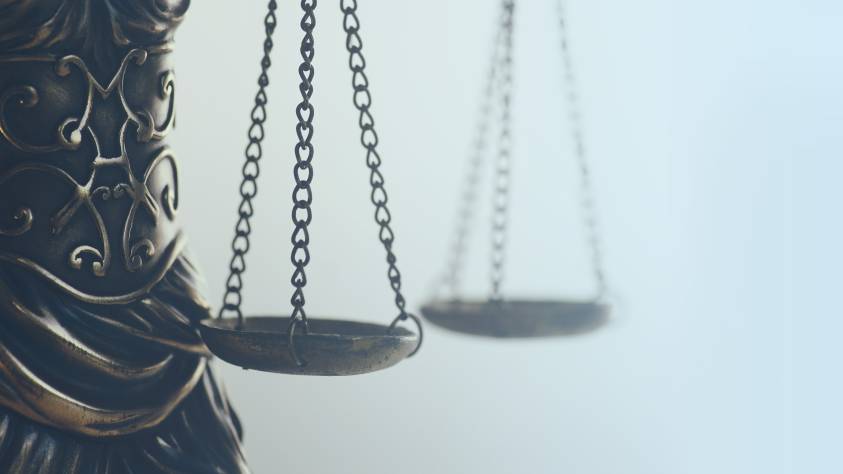Law Society response to media criticism of regulatory system


This week a number of media stories have been published about the legal profession, criminal convictions, the complaints and disciplinary system, and the practising certificate process that have contained misleading or incorrect information.
The Law Society would like to provide clarity on the co-regulatory model in place to consider complaints and disciplinary matters relating to lawyers, the practising certificate process and what it is doing to bring about change.
The Law Society administers one aspect of the complaints and disciplinary process, the Lawyers Complaints Service, under the Lawyers and Conveyancers Act 2006. This involves the establishment of independent standards committees comprising lawyers and lay people to consider complaints or commence own motion investigations.
Decisions of Standards Committees can be reviewed by the Legal Complaints Review Officer (LCRO). The LCRO is an independent body supported by the Ministry of Justice.
For the most serious matters where strike off or suspension are potential outcomes, Standards Committees can lay charges before the Lawyers and Conveyancers Disciplinary Tribunal. The Tribunal is an independent body that operates like a Court with hearings ordinarily open to the public and is supported by the Ministry of Justice. When considering matters against lawyers (or legal employees), Disciplinary Tribunal members include the chair, who is a district court judge, the deputy chair, who is a retired district court judge, and other members who are experienced lawyers and lay people.
Criminal convictions are considered at a number of stages and in a number of ways. Lawyers and those wishing to enter the profession must declare criminal convictions and/or charges pending to the Law Society when they occur and the Law Society holds this information on a lawyer’s individual record. Criminal convictions are considered through the following regulatory processes: admission, issuing and renewal of practising certificates and complaints and discipline.
Looking specifically at practising certificate renewals, lawyers must declare any criminal convictions or charges pending and the circumstances surrounding them. Anything that is declared is reviewed and serious cases are referred to the Law Society’s Practice Approval Committee (PAC) which investigates the renewal application to determine whether a practising certificate should be issued. However, lawyers can still appeal a decision by PAC to the Tribunal or a higher court. If those bodies decide that a lawyer is fit and proper the Law Society must abide by the decision and issue a practising certificate.
The events of 2018 have demonstrated that the existing regulatory framework for lawyers is ineffective in addressing sexual harrassment and other unacceptable conduct. For example, please see the article published in Stuff on 30 June 2020 by President of the Law Society, Tiana Epati: Law Society proposes changes to define unacceptable conduct.
Last year the Law Society proposed amendments to the Lawyers and Conveyancers Act to enable sexual harrassment and other unacceptable conduct to be more effectively dealt with. We were told by the Government that it would not be possible to make any legislative changes at this time.
Which is why the Law Society then instigated an Independent Review of the entire statutory framework for lawyers – the purpose of this review is to secure legislative change that we believe is needed. Our understanding from the Minister is that he considers that it would not be prudent to make any changes to the Lawyers and Conveyancers Act without having seen the results of the Law Society’s Independent Review, which is still ongoing.
At the same time, the Law Society is proceeding with changes to the Rules for Conduct and Client Care (RCCC) and Continuing Professional Development (CPD) which do not require changes to the law. The proposed RCCC and CPD rules changes are a significant step: for the first time, discrimination, bullying, harassment, sexual harassment and other unacceptable conduct will be clearly defined; the threshold for reporting unacceptable conduct to the Law Society has been made clearer; and there will be rules to make it clear no one who makes a report or complaint should be victimised. Additionally, the proposed changes will require those who manage and operate law practices to provide a report each year, declaring that these issues are being managed appropriately. The draft changes were approved by the Law Society’s Board on 7 October 2020 and will be going to the Law Society Council for approval on 15 October 2020.